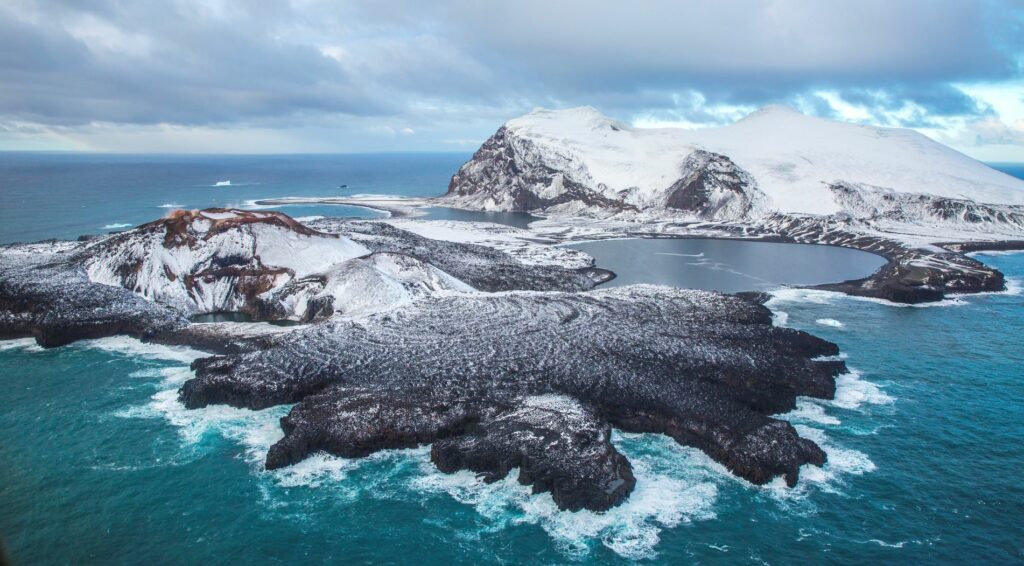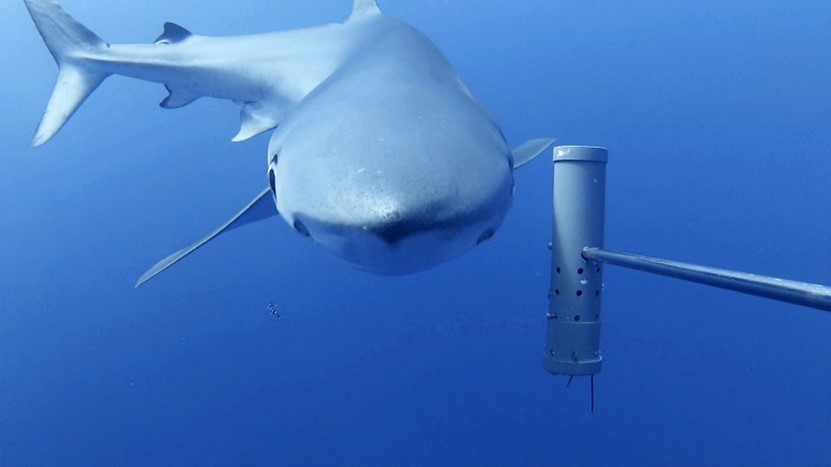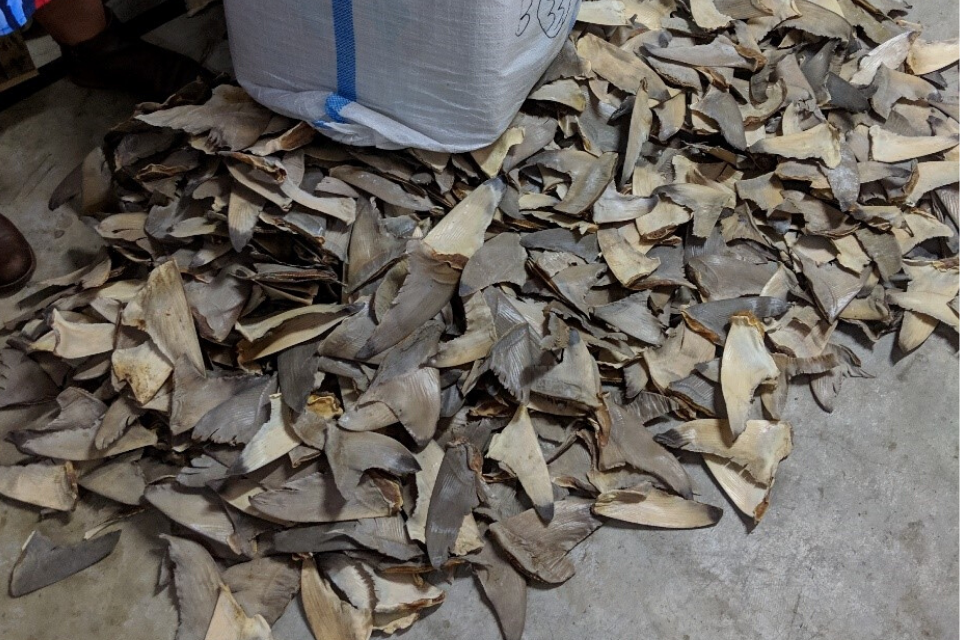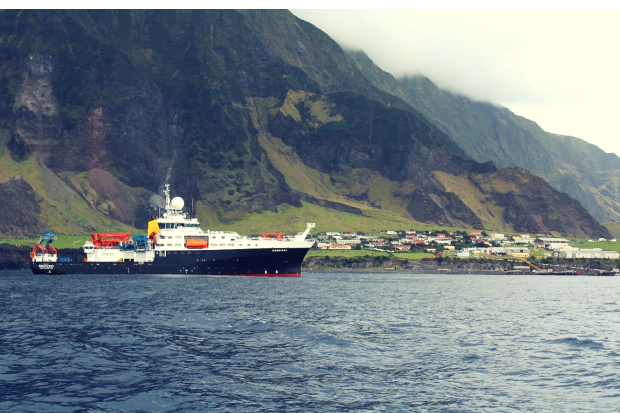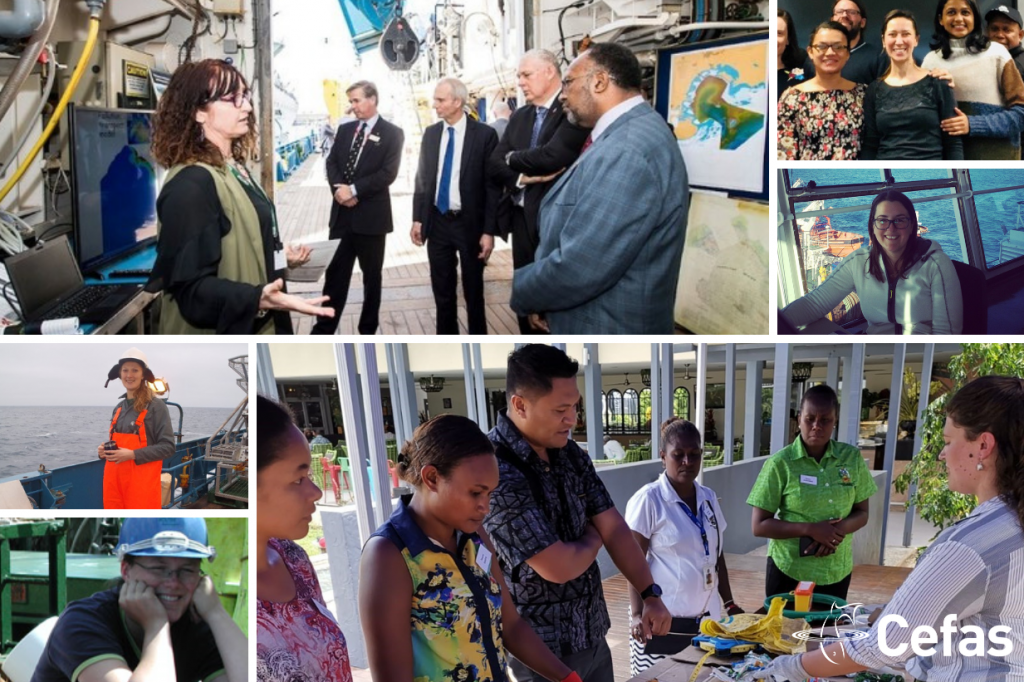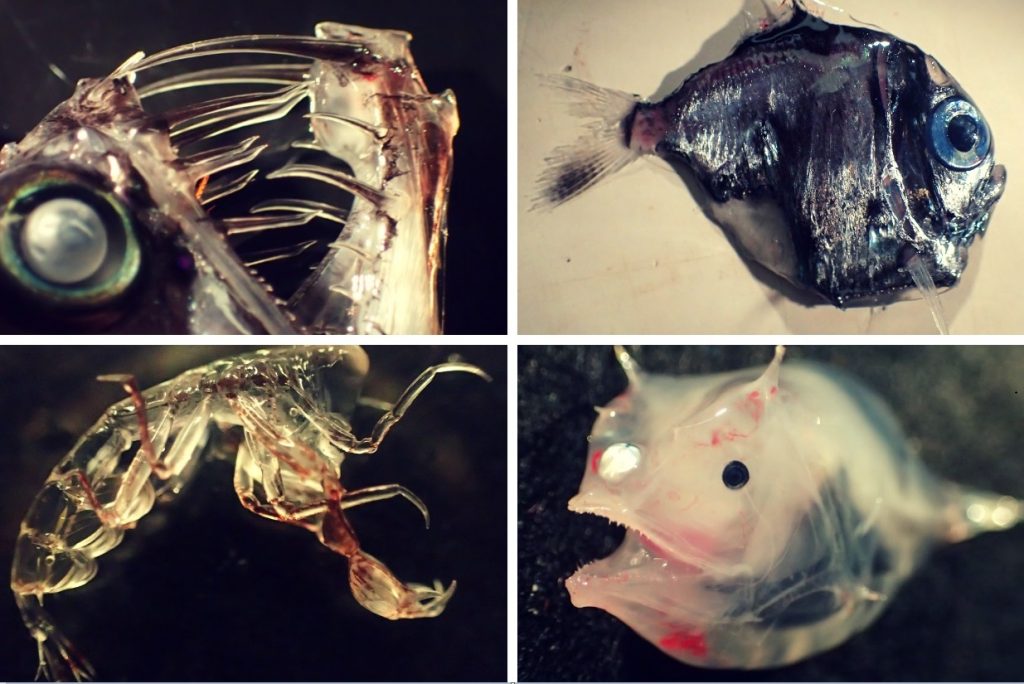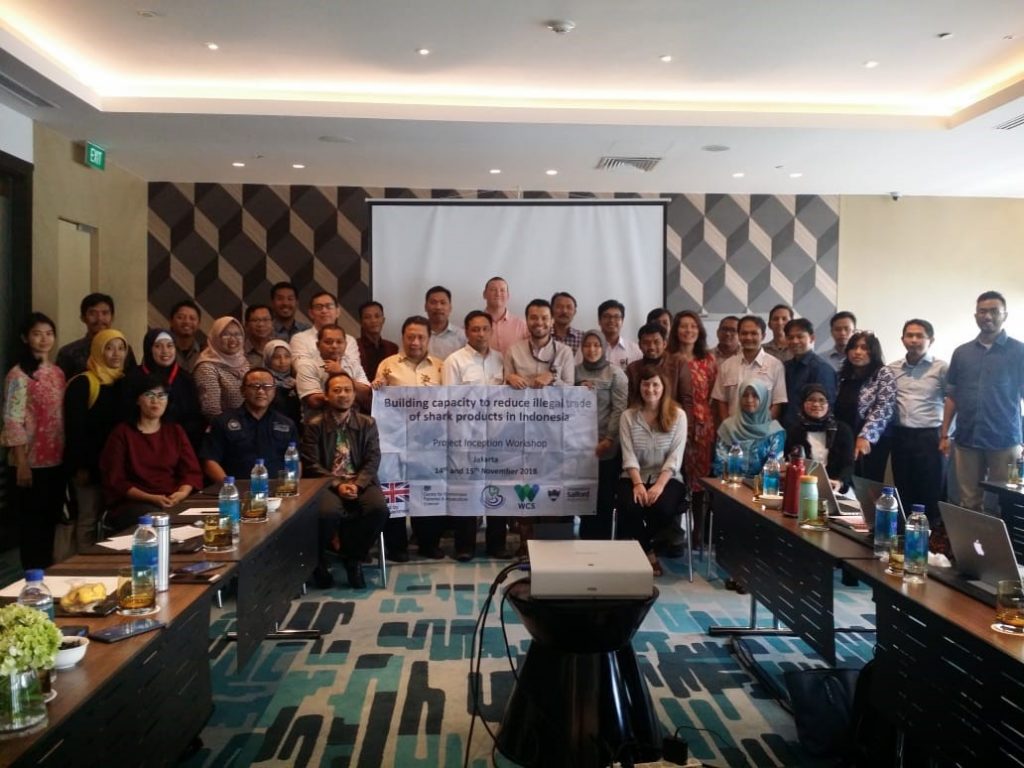Fisheries
Shaped by ice and fire, the volcanic South Sandwich Islands are a remote sub-Antarctic archipelago that have remained largely uninhabited since their discovery by polar explorers in the 18th century. In winter, sea ice extends northwards across the two hundred …
SMARTFISH H2020 is an international research project which aims to develop, test, and promote a suite of high-tech systems for the EU fishing sector. The goal is to optimise resource efficiency, improve automatic data collection for fish stock assessment, provide …
This is the third in a series of short blogs focussing on Cefas’ fisheries science work in partnership with the fishing industry. Cefas Scientist, Jon Elson, who is responsible for the Cefas commercial catch sampling programme, is the next of …
This is the second in a series of short blogs focussing on Cefas’ fisheries science work in partnership with the fishing industry. Cefas Scientist, Rebecca Skirrow, who is the technical lead on Cefas’ Scientific Remote Electronic Monitoring (REM) Programme, is …
Cefas project lead, Dr Paul Whomersley: The oceans are rich and wondrous, hosting diverse wildlife and incredible species beneath the surface. But at a time when ocean resilience and productivity are declining, it is more important than ever to look …
Cefas scientists are partnering with government officers, researchers and shark trade experts in Indonesia to enable identification and protection of endangered species among their shark products in trade.
Last month scientists travelled to the world’s remotest inhabited island to survey the marine environment.
Today is international women’s day! In celebration of the annual event we’re learning more about some of the female scientists in Cefas.
Find out what the team will be doing to study some of the remotest marine environments on Earth.
An update on Cefas' work tackling the illegal trade of sharks and rays in the world’s largest shark fishing nation.
